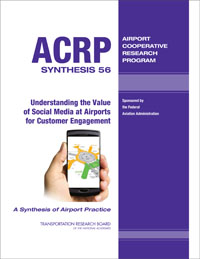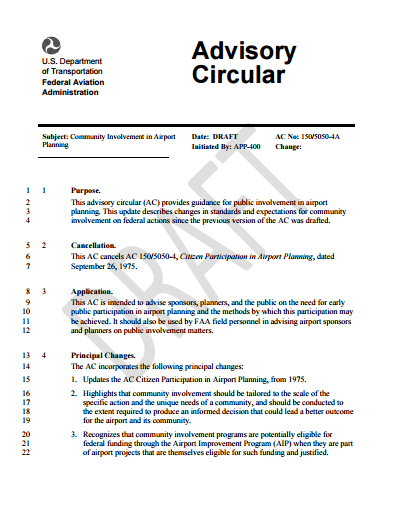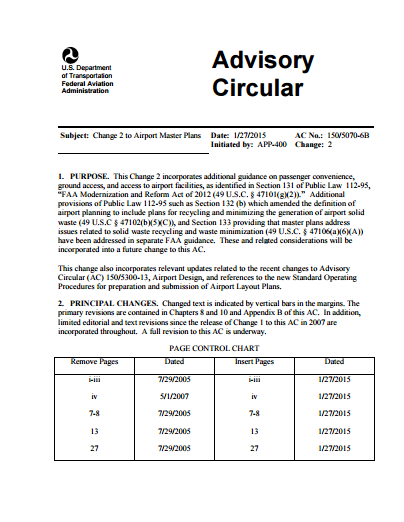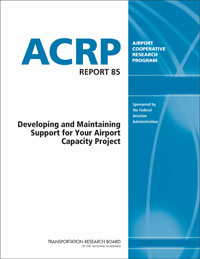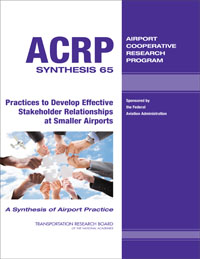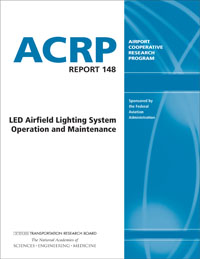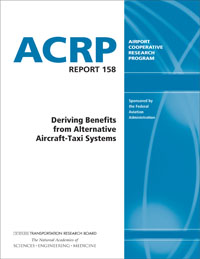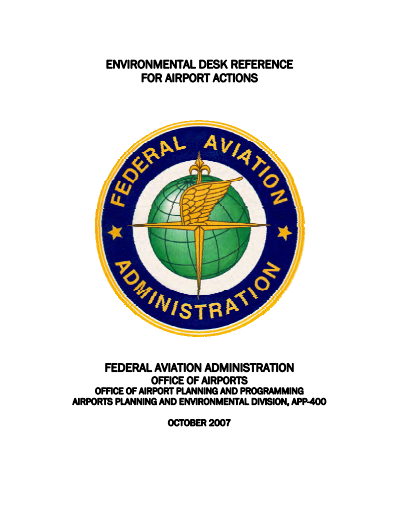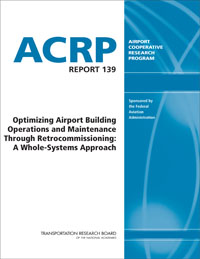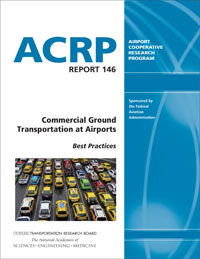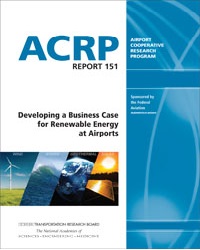ACRP Report 151: Developing a Business Case for Renewable Energy at Airports
Abstract
Renewable energy can provide financial and public policy benefits to airports. In current practice, airports are typically presented with opportunities to pursue renewable energy projects based on the availability of grant funding programs or inquiries from private entities. In such circumstances, it may not be possible for airports to engage in a thorough investigation of the alternatives to the proposed projects and reach an informed decision that optimizes financial, self-sustainability, environmental, and social benefits. An effective, objective business case evaluation would assist airports embarking on renewable energy projects to advance future planning that targets economic, environmental, and social goals. Given the range of sustainable measures that can be undertaken, implementation of renewable energy projects has been limited, although it presents a significant opportunity to lower greenhouse gas emissions. ACRP Report 151: Developing a Business Case for Renewable Energy at Airports is a guidebook to help airports understand renewable energy opportunities. The report includes instructions and tools to evaluate proposed renewable energy projects and their alternatives so that an informed decision that maximizes financial, self-sustainability, environmental, and social benefits can be reached. The report lays out what a business case is, why renewable energy is important, and what a business case for renewable energy looks like. It describes the importance of identifying the project objective and understanding how renewable energy might fit into an airport’s vision. A decision-making matrix is included that contains criteria used to evaluate a renewable energy project with a system for weighting each factor based on an airport’s particular objectives. The report presents a business case in the context of an airport’s typical master planning and capital improvement planning processes including engagement of key stakeholders. The report provides a model business case that evaluates a solar photovoltaic facility, a fossil fuel generator, and a fuel cell as options for providing on-site electricity generation to improve an airport’s energy stability and resiliency. It also includes examples of renewable energy business cases from both aviation and non-aviation organizations to highlight lessons learned. A sample request for proposals and a sample power purchase agreement are provided for project implementation.
